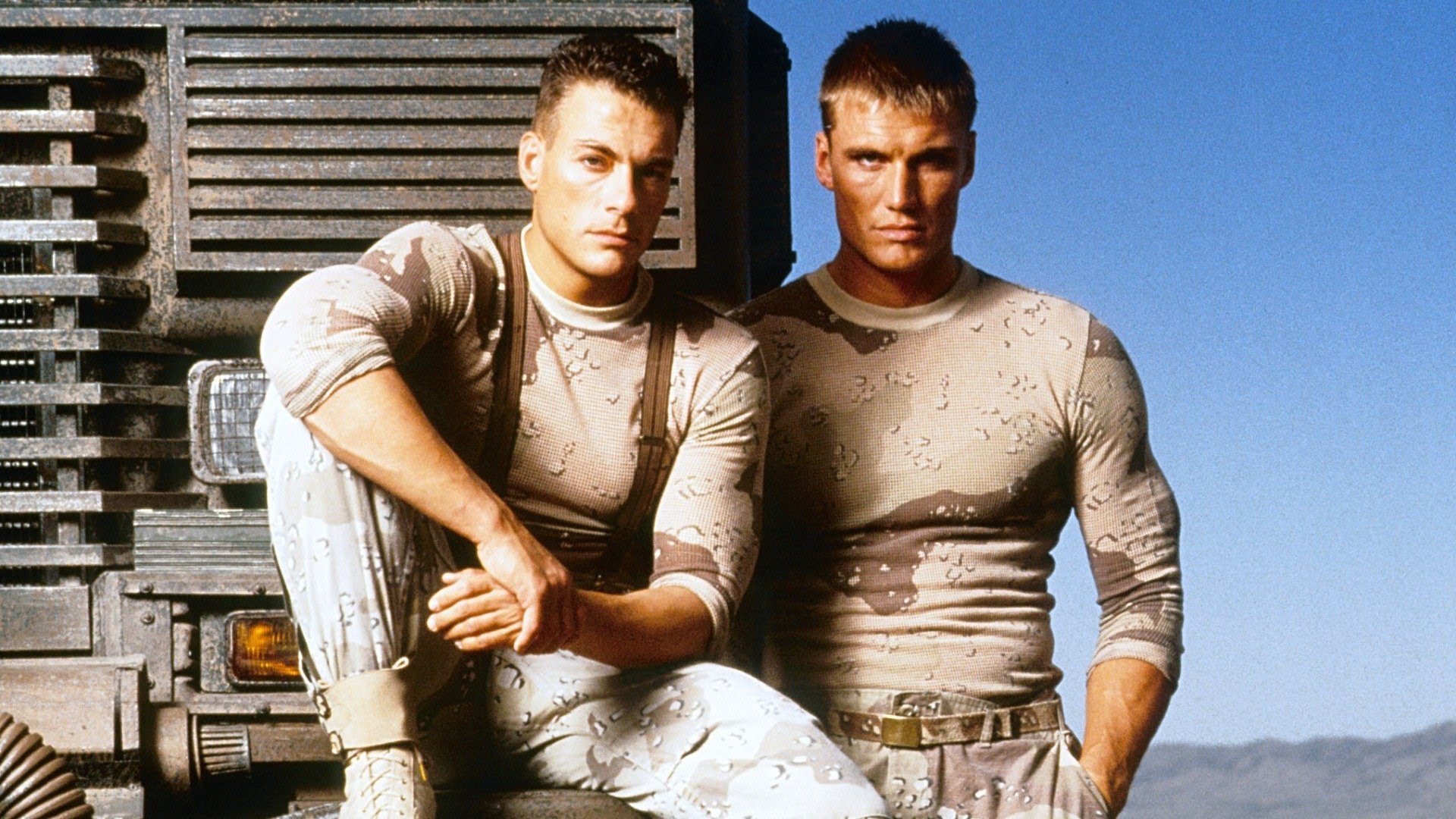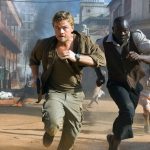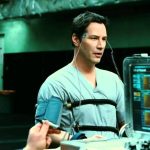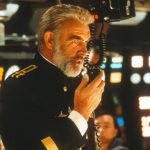Universal Soldier (1992)

Universal Soldier (1992) is an American action science fiction film that has garnered significant attention for its blend of futuristic military technology and high-octane action sequences. Directed by Roland Emmerich and produced by Allen Shapiro, Craig Baumgarten, and Joel B. Michaels, the film was written by Richard Rothstein, Christopher Leitch, and Dean Devlin. This essay explores the film’s plot, thematic elements, production aspects, and its reception, providing a comprehensive examination of its impact within the science fiction and action genres.
Universal Soldier is set in a dystopian future where advanced military technology has transformed the battlefield. The story centers on a special program that revives deceased soldiers as “Universal Soldiers” – elite, cybernetically enhanced fighters programmed for absolute obedience and efficiency.
The film opens with a flashback to the Vietnam War, where two soldiers, Luc Deveraux (played by Jean-Claude Van Damme) and Andrew Scott (played by Dolph Lundgren), are caught in a deadly conflict. After a fierce battle, both men are killed, only to be resurrected years later as part of the Universal Soldier program. The program, run by a secretive government agency, aims to use these enhanced soldiers to maintain global stability and order.
As the story progresses, Deveraux begins to experience flashbacks of his past life and starts to question his purpose and the morality of the program. Meanwhile, Scott, who was programmed to be an unthinking killer, begins to malfunction and regains memories of his past as well. His malfunctioning leads him to a rampage, posing a significant threat to both his fellow soldiers and innocent civilians.
The narrative drives towards a confrontation between Deveraux and Scott, culminating in a high-stakes showdown that challenges the nature of humanity and the ethics of using technology to control individuals.
Universal Soldier delves into several thought-provoking themes, including the ethical implications of advanced military technology, the nature of identity and humanity, and the consequences of war.
The ethical implications of military technology are central to the film’s narrative. The Universal Soldier program represents the potential for technology to dehumanize individuals and reduce them to mere tools of warfare. The film raises questions about the morality of using technology to create soldiers who are devoid of personal agency and emotions. This theme is explored through the characters of Deveraux and Scott, whose struggles with their past identities highlight the conflict between human values and technological advancements.
The nature of identity and humanity is another significant theme in Universal Soldier. As Deveraux begins to recover memories of his former self, he grapples with the conflict between his programmed role as a soldier and his innate sense of self. The film explores the idea that true humanity is tied to one’s personal experiences, memories, and emotions, rather than just physical capabilities or programmed behaviors. This theme is contrasted with Scott’s transformation into a malfunctioning and increasingly violent entity, representing the loss of humanity through technological manipulation.
The consequences of war are also addressed in the film, particularly through the lens of its impact on soldiers. The flashbacks to the Vietnam War and the portrayal of the Universal Soldier program reflect the broader repercussions of military conflict, including the psychological and moral toll on individuals. The film suggests that the scars of war are not easily erased, even with advanced technology, and that the pursuit of control and order can lead to unintended and destructive outcomes.

Roland Emmerich’s direction in Universal Soldier is characterized by its fast-paced action and emphasis on visual spectacle. The film features a blend of practical effects and early CGI, showcasing intense combat scenes and futuristic technology. Emmerich’s background in science fiction and action is evident in the film’s dynamic sequences and high-energy approach.
The cinematography, by Karl Walter Lindenlaub, captures the gritty and action-oriented tone of the film. The use of dynamic camera angles and rapid editing enhances the excitement and urgency of the action scenes. The film’s visual style reflects its genre, with a focus on sleek, futuristic designs and intense, high-impact sequences.
The production design and special effects play a crucial role in creating the film’s futuristic and militaristic atmosphere. The design of the Universal Soldier technology and the portrayal of enhanced soldiers contribute to the film’s vision of a high-tech, dystopian future. The visual effects, while dated by today’s standards, were innovative at the time and added to the film’s sense of spectacle and excitement.
The film’s score, composed by David Arnold, complements the action and intensity with its energetic and driving music. The soundtrack enhances the film’s dramatic moments and contributes to the overall atmosphere of tension and urgency.

Universal Soldier was well-received by audiences for its action-packed sequences and the performances of Jean-Claude Van Damme and Dolph Lundgren. The film was praised for its high-octane action and entertaining premise, which combined elements of science fiction and military drama in an engaging way.
Critics appreciated the film’s ability to deliver thrilling action and suspense, although some noted that its exploration of deeper themes could have been more fully developed. Despite these critiques, Universal Soldier achieved commercial success and became a notable entry in the action and science fiction genres.
The film’s impact extends beyond its immediate reception, influencing subsequent works in both genres. Its portrayal of advanced military technology and the ethical dilemmas associated with it has resonated with audiences and creators, contributing to ongoing discussions about the role of technology in warfare and society.
Universal Soldier is a notable example of early 1990s science fiction and action cinema, directed by Roland Emmerich and featuring strong performances from Jean-Claude Van Damme and Dolph Lundgren. The film’s exploration of themes related to military technology, identity, and the consequences of war, combined with its high-energy action sequences and innovative visual effects, make it a memorable and influential work. Its success and impact within the genre underscore its significance as a pioneering film in the intersection of science fiction and action, offering a compelling vision of a future shaped by advanced technology and moral ambiguity.
Suggested videos for you:
Suggested videos for you:
@lovrstify99 Mad Max Fury Road (2015) – The chase begins #movie #madmax #trending #actionfilm #varalvideo #moviehighlights #bestmovies
Suggested videos for you:
@licktowing11 Action Movie Netffix #movie #actionmovie










